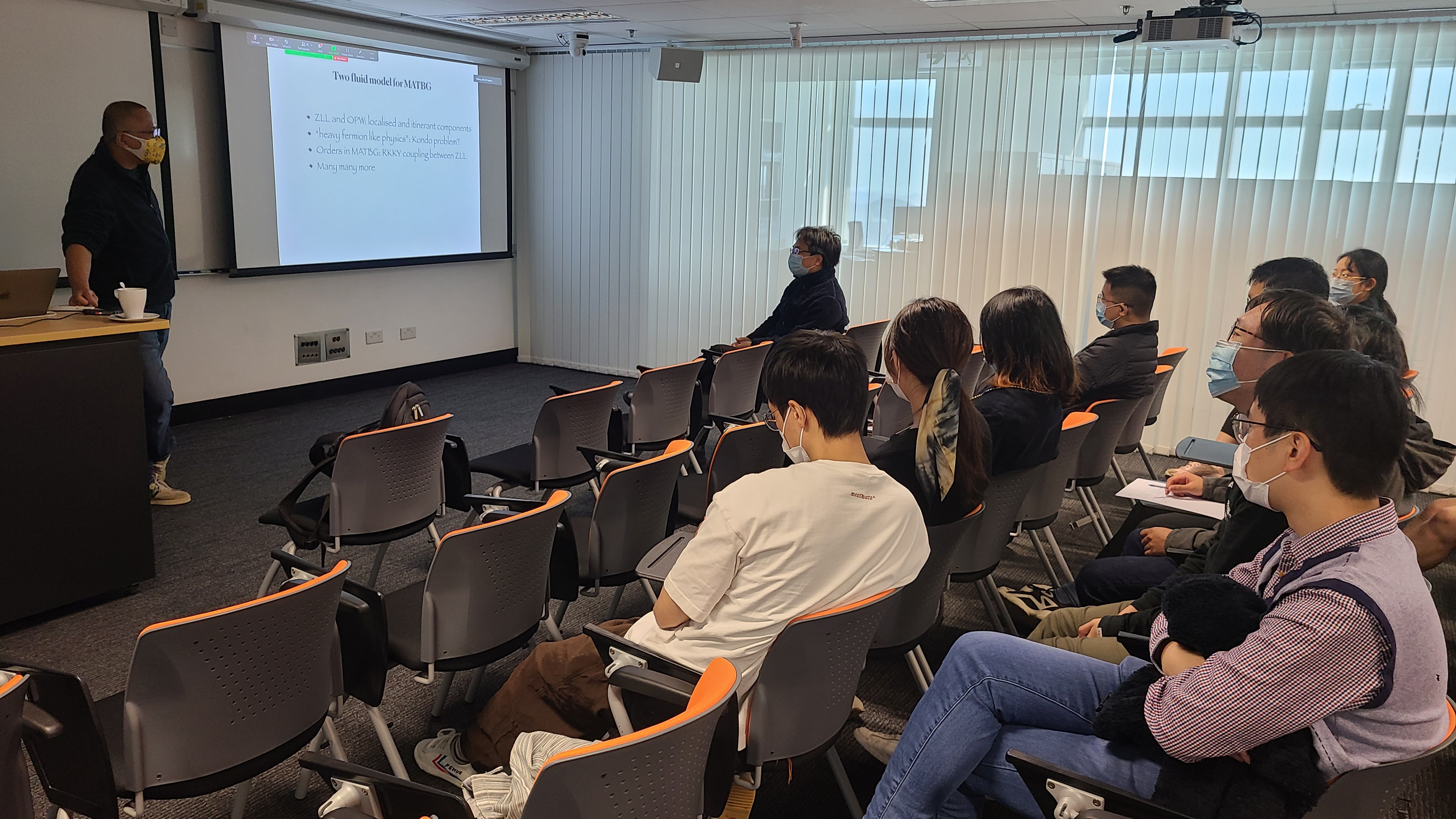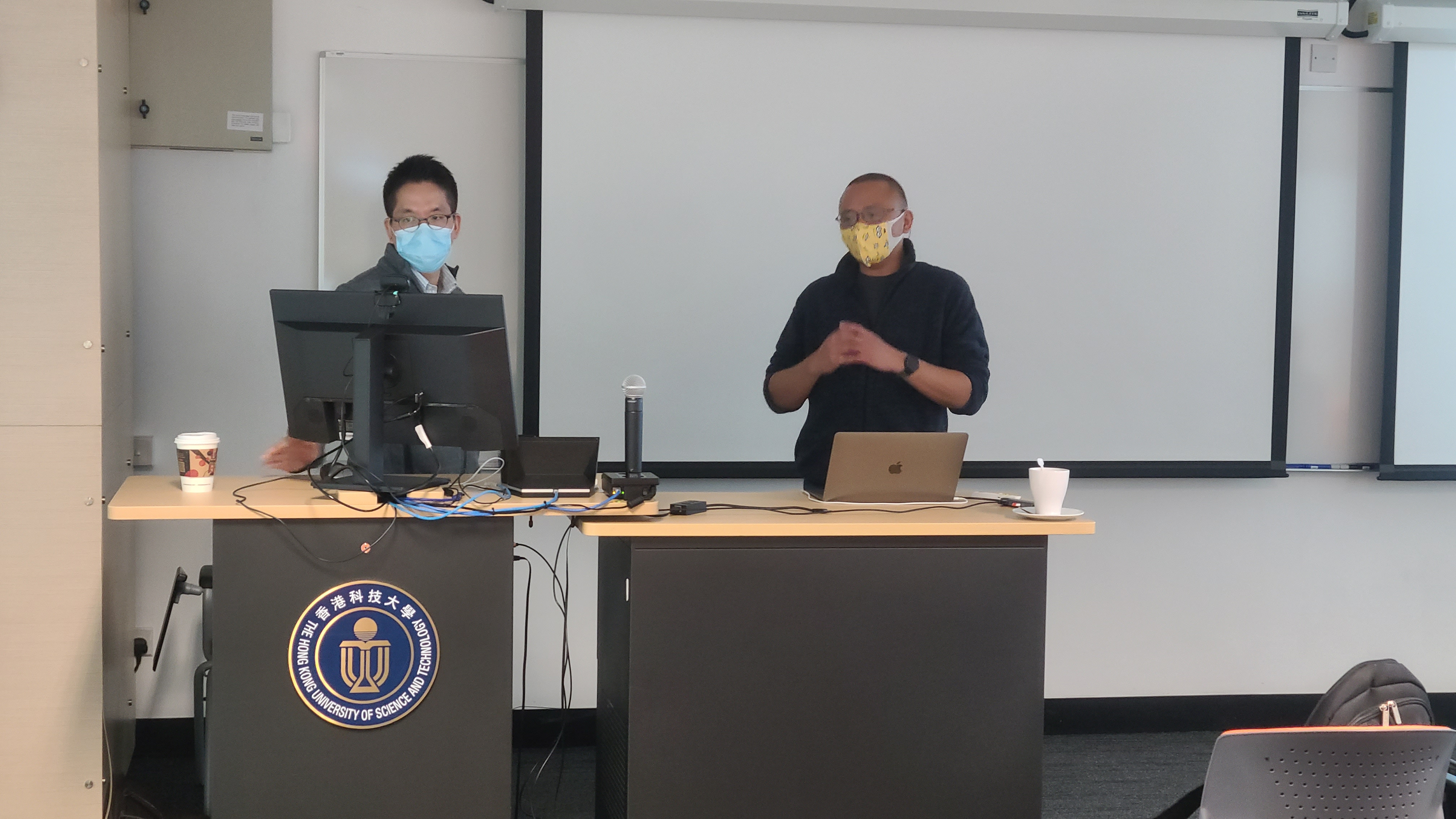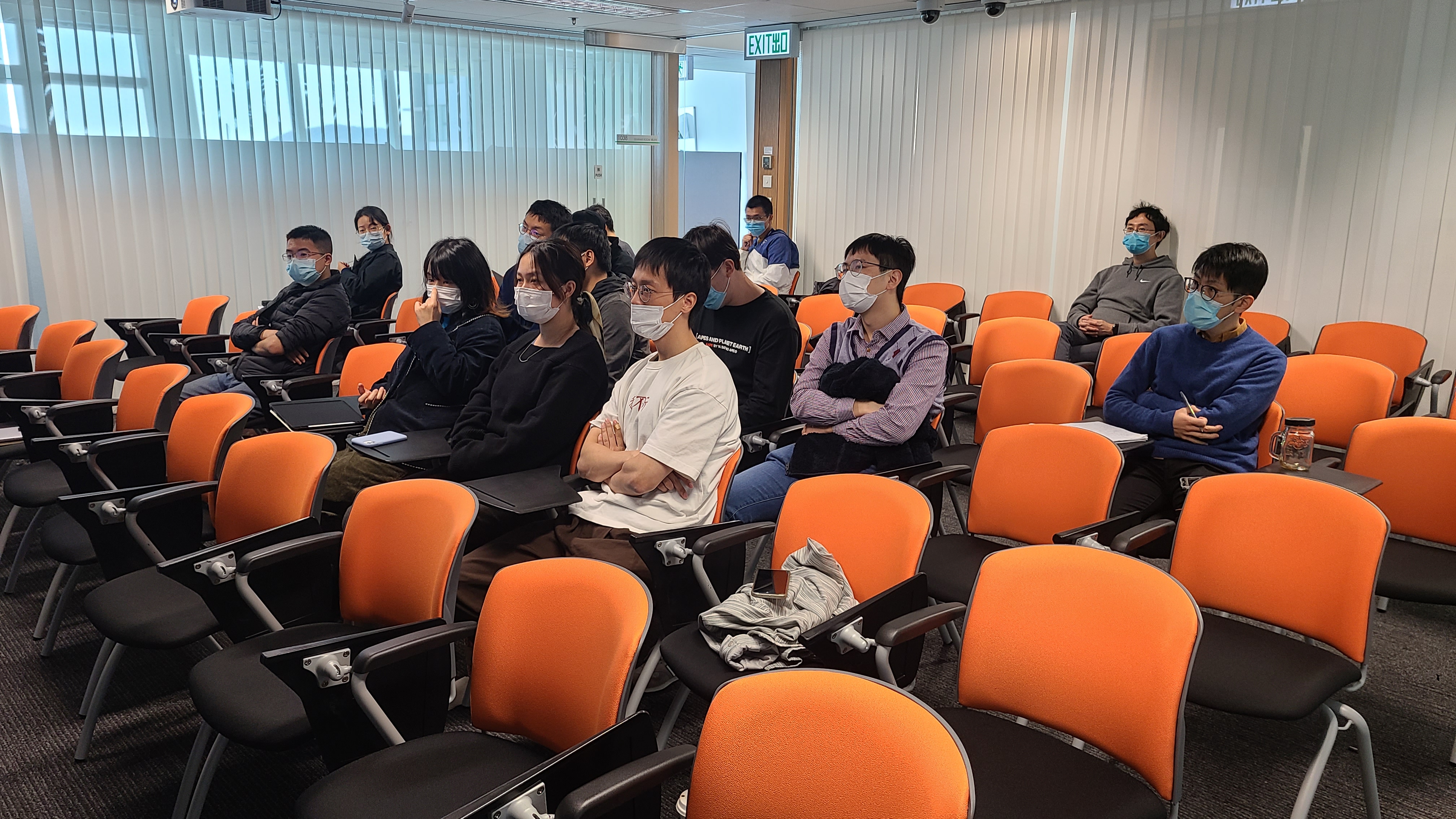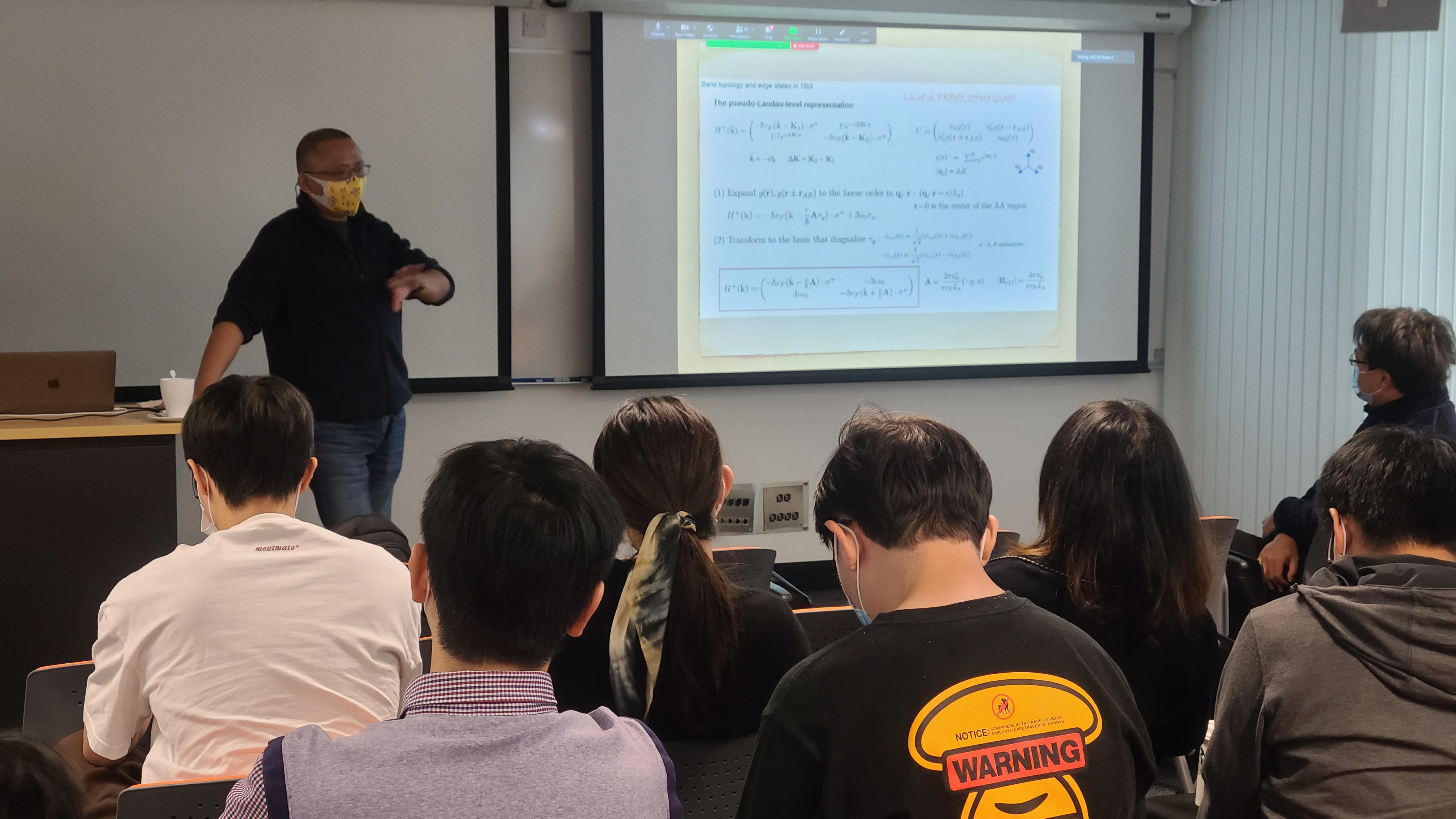Understanding Both The Localized and Itinerant Features of The Flat Bands in Twisted Bilayer Graphene from The Pseudo Landau Level Picture
Abstract
In this talk, the speaker will introduce how the flat bands in the magic angle twisted bilayer graphene (MATBG) can be understood from the zeroth Landau levels under the twisting generated pseudo magnetic field. These pseudo Landau level wave functions are almost the exact Eigen solutions of the real space Hamiltonian around the AA stacking center and can be further viewed as the analog of the “atomic core level” states in the band structure calculations for the ordinary crystals. In addition, we can use the pseudo zeroth Landau level (PZLL) and the “orthogonalized plane waves” (OPW) made from the PZLL as the two types of basis functions to efficiently reconstruct the entire Moiré band structure. Using these PZLL and OPW basis functions, we can describe both the localized and itinerant components in the Moiré bands of MATBG and map the MATBG to a “heavy fermion” like system, which can be used to study the orbital magnetism, topology and strongly correlation physics in MATBG.
About the speaker
Prof. Dai Xi obtained his PhD from the Institute of Theoretical Physics, Chinese Academy of Sciences (CAS) in 1999. After his graduation, he did postdoctoral research in HKUST, Boston college and Rutegrs University. He joined the University of Hong Kong in 2004 as a Research Assistant Professor and moved to HKUST in 2007 as a Professor of Physics.
Prof. Dai’s research focuses on two fields. One is to develop computational methods for the electronic structure of the strongly correlated materials. The other one is to search for the topological non-trivial quantum state in realistic materials. He received several important awards during the past ten years including the OCPA “Achievements in Asia Award” (2011), the CAS prize for outstanding scientific achievements and the KC Chou foundation “Fundamental Physics Prize” (2014). He was also elected a Fellow of American Physical Society (APS).
About the center
For more information, please refer to the center website at https://iascqt.hkust.edu.hk/.






